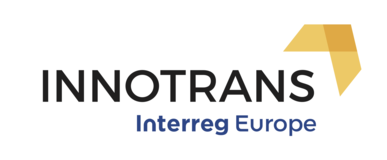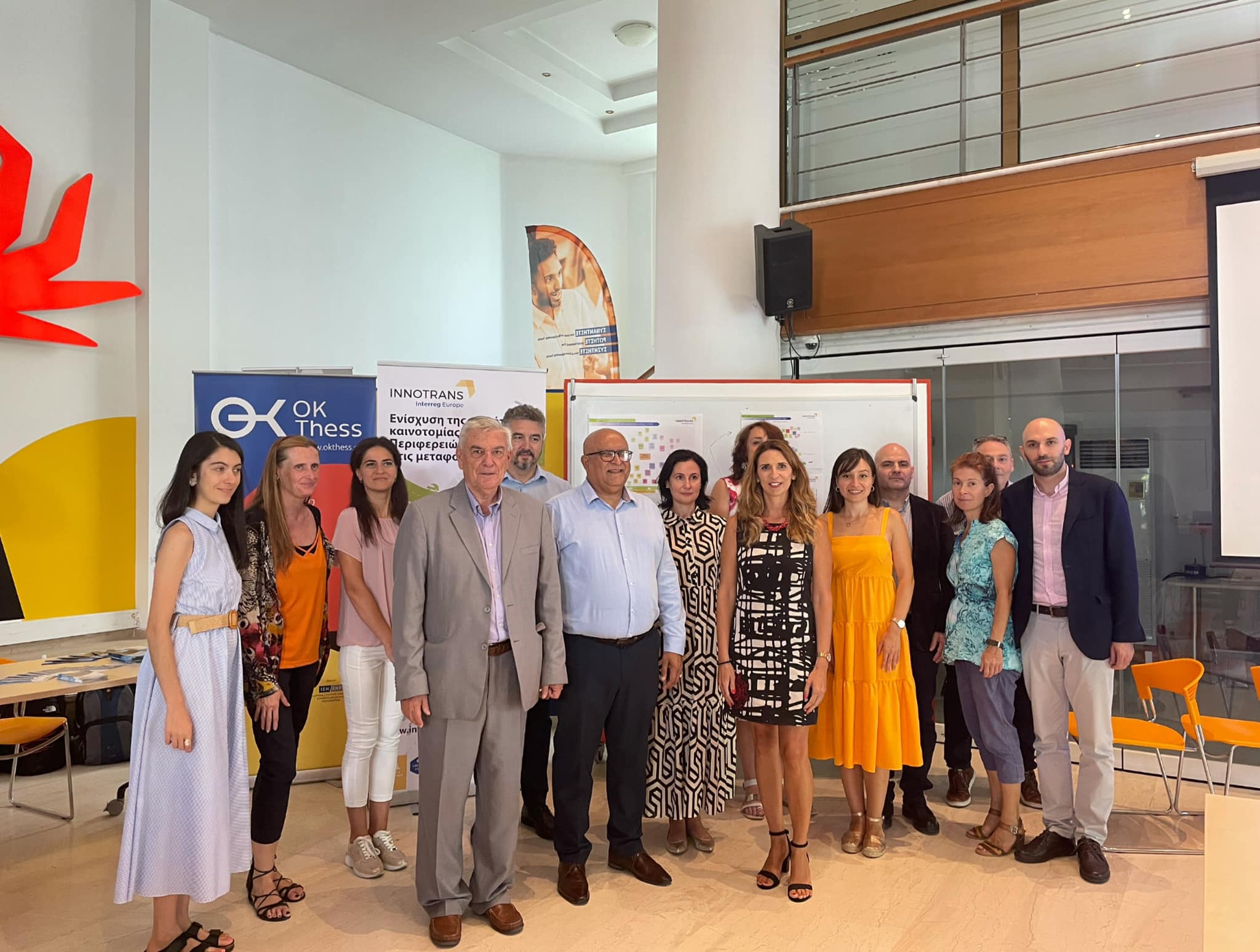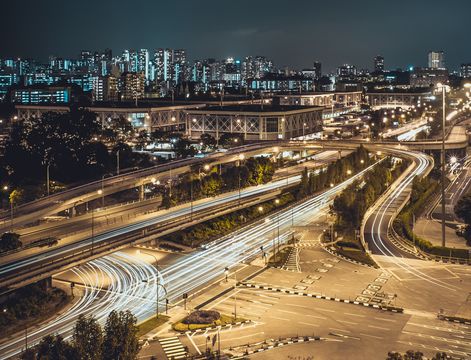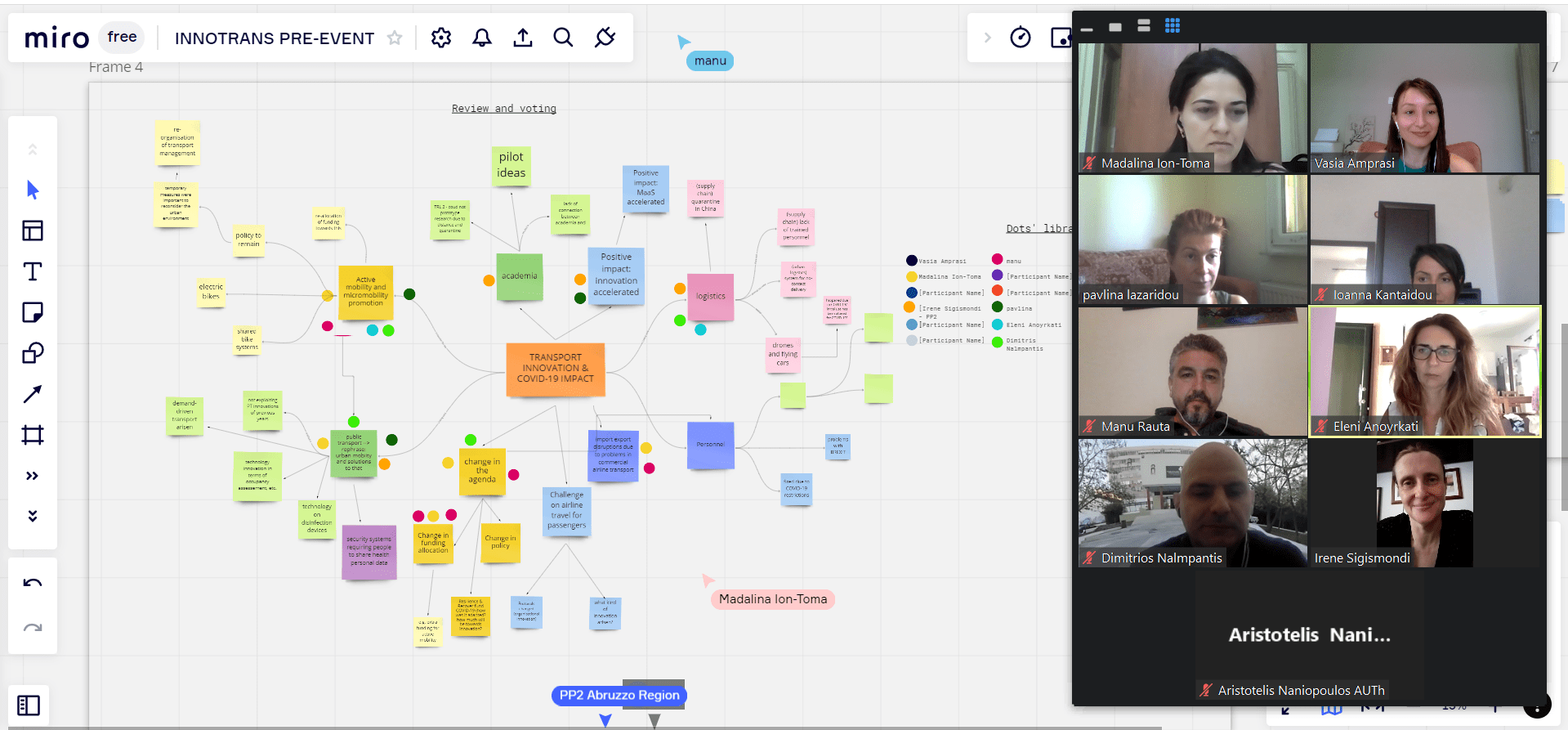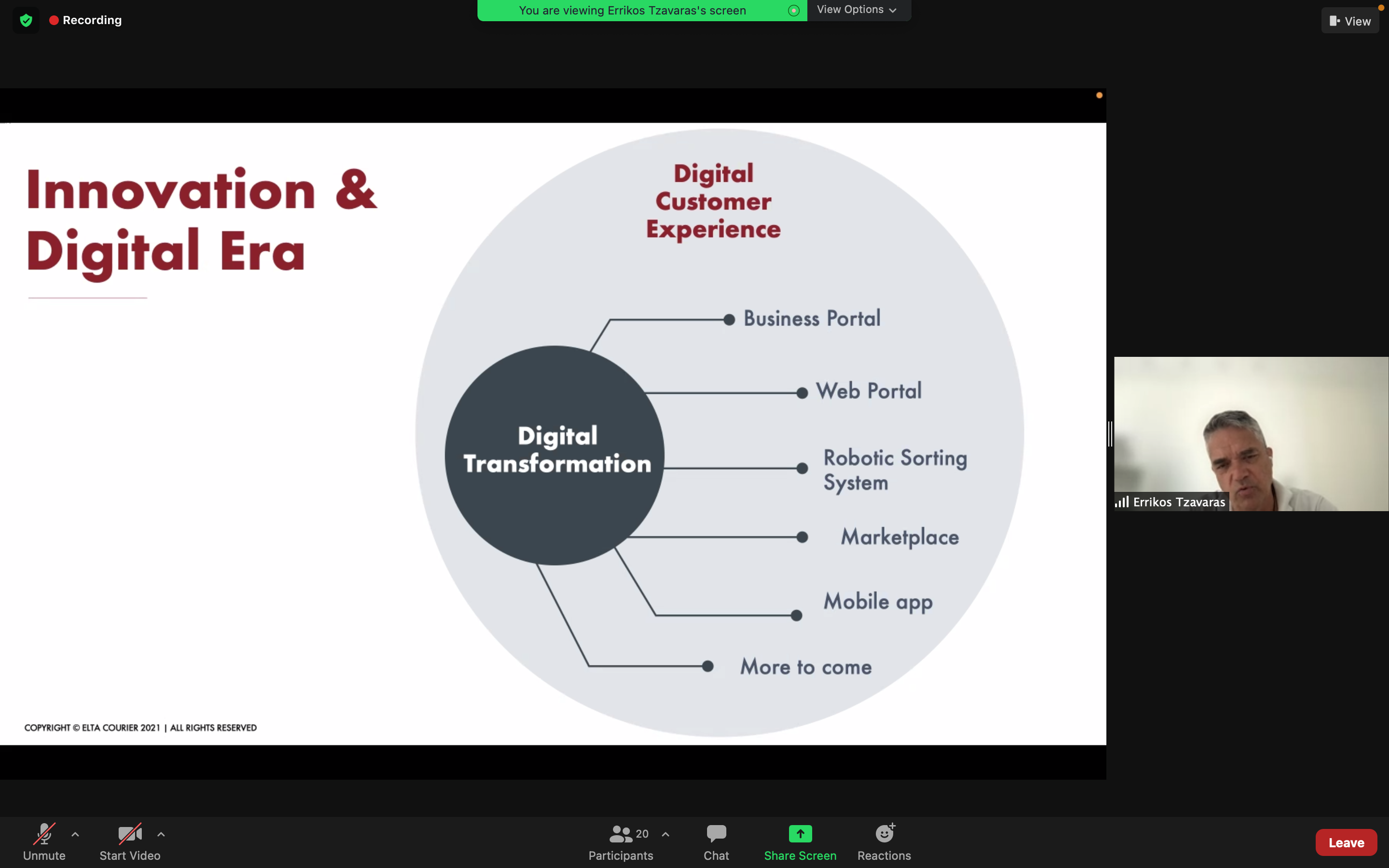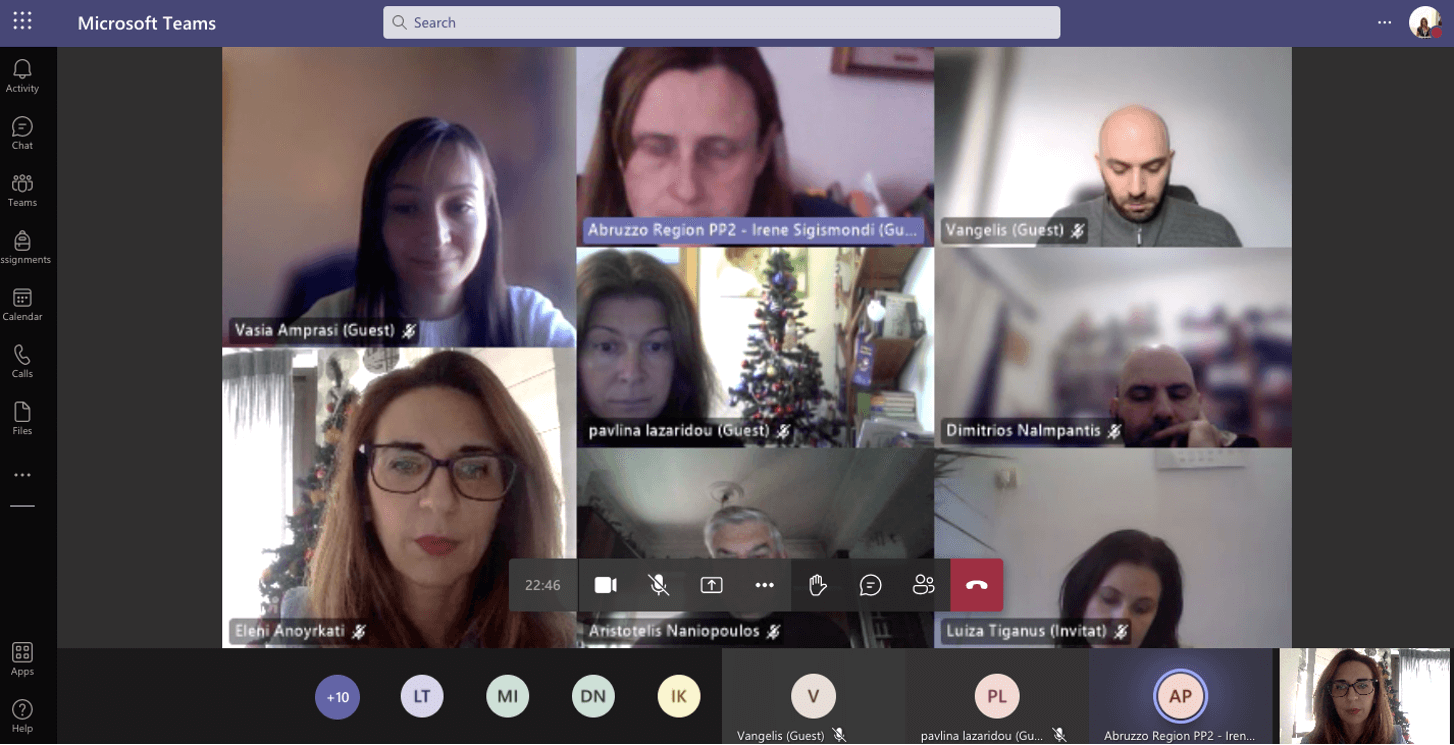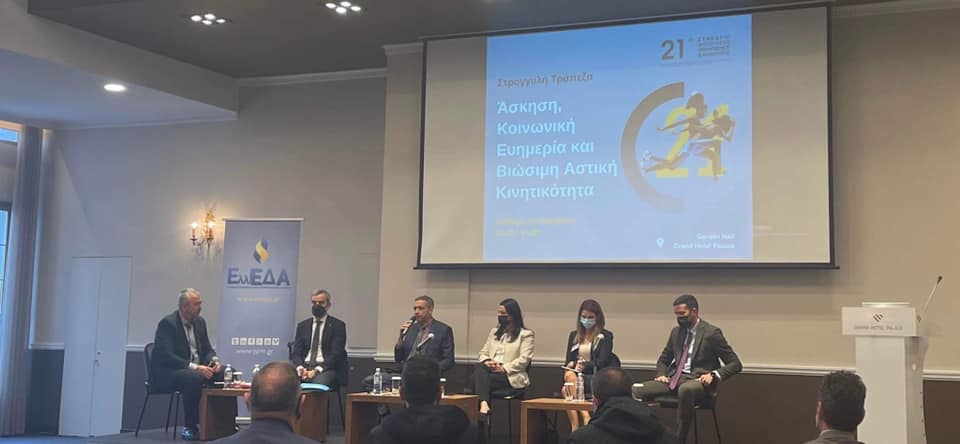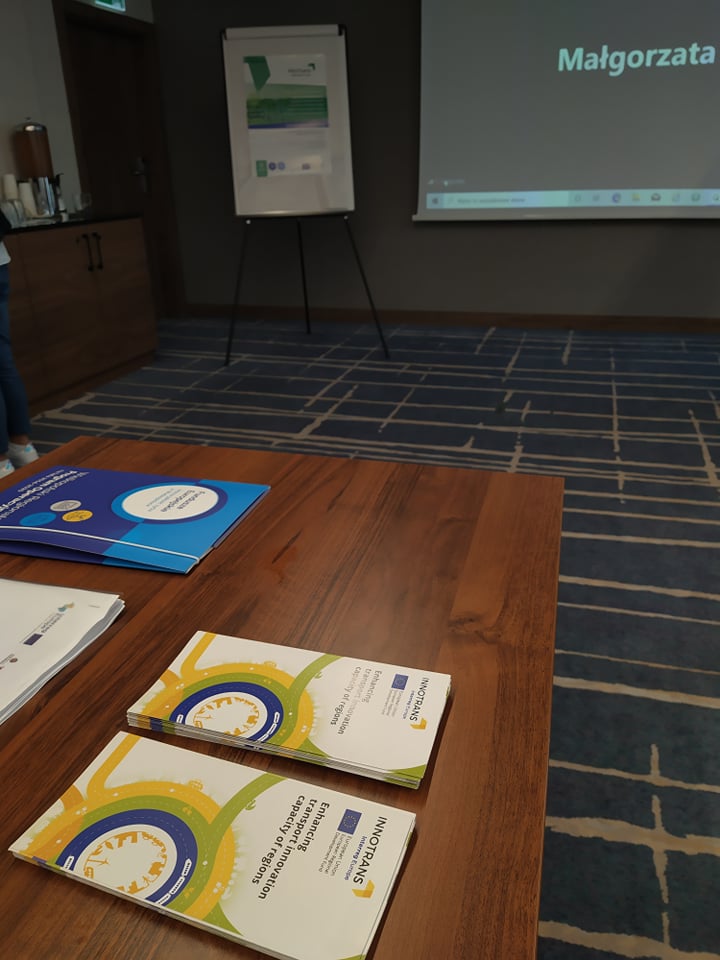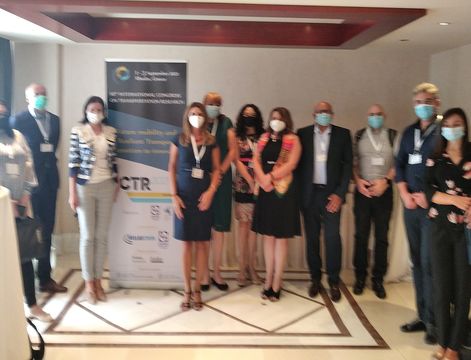A successful and vivid local stakeholder meeting was realized virtually in Greece on Friday 25th of February 2022, with 21 participants, in the frame of the additional activities of the INNOTRANS project (COVID-19 call). The meeting was focused on freight transport (logistics and urban logistics) aiming, among others, to better understand the challenges of the sector due to COVID-19 pandemic, how the companies tackled these challenges and adapted to the new era, and the role of innovation in this.
High-level representatives of important actors were engaged and participated actively throughout the sessions of the meeting, coming from the Region of Central Macedonia (Deputy Director), Regional Development Fund of the Central Macedonia (Head of Department), Municipality of Thessaloniki (staff of the Directorate of Sustainable Mobility and Networks), Regional Mechanism for the Diagnosis of the labor market needs (Project Manager of the Mechanism), Greek Cold Storage & Logistics Association (President), Hellenic Federation of Road Transports (Director), Hellenic Institute of Logistics Management (Managing Director), Supply Chain Institute (Director), Hellenic Institute of Transport (HIT/EKETA), Aristotle University of Thessaloniki (AUTh), consulting companies such as TREDIT SA (CEO), PLANNING SA (Business Unit Manager) and Tero Ltd (staff), transport start-ups such as Electronio Handcrafted Vehicles (Co-founder) and Lastmily (CEO), operators such as Fraport Greece (Chief Operating Officer).
After a short presentation of the INNOTRANS project, an example of innovation on freight transport was analyzed. It was about an online platform for freight groupage along with other value-added services such as eco-driving training with a driving simulator, routing applications, cargo monitoring, etc. The platform is going to be developed, tested, and piloted in the frame of the SCOPE project – Interreg Balkan-Med Program.
Then, all 21 participants had the opportunity to introduce themselves and their organization. They discussed about the priorities which have changed due to COVID-19 pandemic, the adaptation strategies of their companies, the transport-related innovative responses to COVID-19, the sustainability of innovations in the post-COVID-19 era, and the needs for support on freight transport innovation by the public Authorities. They exchanged opinions, while expressing their concerns. They shared previous experiences and lessons learnt.
